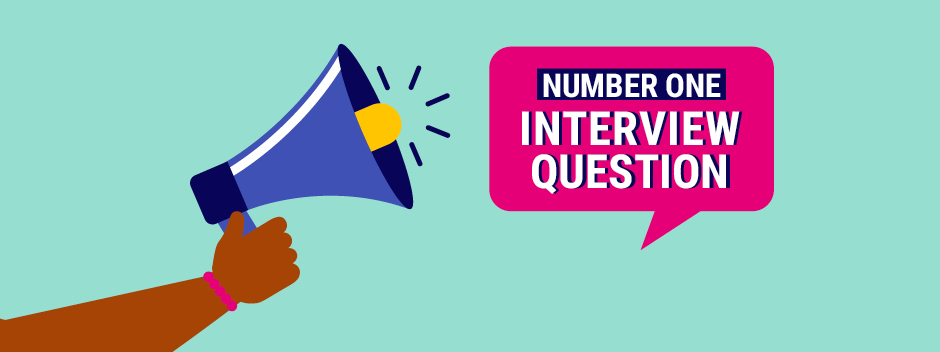As every job is different, there are many types of interview questions including introductory, behavioural, situational and technical questions.
Typically there is a theme around these tried and tested questions, which enable interviewers to identify good talent in their industry.
QUESTION: “When are you at your best at work? What are you doing, who are you working with, what are you trying to achieve and why?”
-
Mike Sweet, GM Human Resources, Home, Mobile and Business, Spark
The reasoning behind this question, says Sweet, is he sees it as his responsibility (and that of the person he’s interviewing) to connect them to a job where they're doing something they’re truly passionate about.
“It's all about connecting people to the right role for them,” he says.
Interviewees who reply with what they think the interviewer wants to hear are making a mistake. “That's a pretty short term outlook and usually ends badly,” he says.
“Ultimately there’s a great job out there for everybody with the right attitude and the trick is to make that match.”
QUESTION: “Tell me about a time when you came up with a particular innovation solution?”
-
Rebecca Hill, Talent Acquisition Manager at Ministry of Business Innovation and Employment (MBIE).
Hill says she’s always looking for people to innovate and do things differently. The question differs depending on the role.
In a technical role she might ask: “How do you keep up with new ideas or innovations in your field?” Or for senior level roles it might be: “How do you work with others to persuade them to adopt new ideas and get them to do things differently?”
Regardless of the role, Hill wants to know if someone is willing to look at things differently.
“Can they challenge the status quo with ideas or solutions?” she questions.
In an entry-level role she would be looking for someone who is willing to question how the system works, which could benefit the customers or the organisation by doing things differently.
“New ideas are helpful in any role,” she says.
QUESTION: “Describe an experimental approach you took to solve a problem?”
-
Andrea Lawton, Director Global People Solutions, Fonterra
Lawton says the question does depend on the candidate, but Fonterra is always interested in exploring candidates’ learning agility.
“Fonterra is constantly evolving as a business and the world of work is changing, so it’s important to understand whether the candidate will push themselves to grow outside their comfort zone and how we can support them to grow,” says Lawton.
“We’re looking for answers that demonstrate curiosity and a commitment to life-long learning.”
QUESTION: “What strengths can you bring to the role?”
-
Kim Nicholas, Recruitment Team Lead at The Warehouse Group
The age-old question around strengths and weaknesses is Nicholas’ most trusty question.
She hopes with this question that the person will open up about their key strengths in relation to the position they are applying for.
Nicholas then asks the flip side to this, which is: “If you could choose an area or behaviour to improve on, what would it be?” followed by: “What steps have you taken already to improve your competence in this area?”
These answers provide a good indication of the candidate’s self-awareness, says Nicholas.
“We work in a fast-paced environment and you have to be resilient, be able to manage change and juggle a lot of balls to succeed here,” she says.
QUESTION: “Is there anything you would like to ask me?”
-
Robin Emblem, Recruitment Consultant – New Zealand Distribution, Fletcher Builder
“The way candidates respond to this question reveals how much thought they have put into their application,” says Emblem who manages recruitment for the PlaceMakers division of Fletcher Building.
“It promotes a more conversational interview that can reveal what motivates a candidate.”
In a candidate-short market, corporates are cognisant that interviews are a two-way process. Not everything can be covered by the job advertisement or description.
Emblem’s question enables interviewer and candidate to discuss the benefits of joining Fletcher Building and how they can develop themselves professionally.
Get interview ready
Prepare for your next interview with SEEK’s Interview Builder. This easy-to-use resource provides access to 40 best-practice interview questions in an easy drag-and-drop format.


